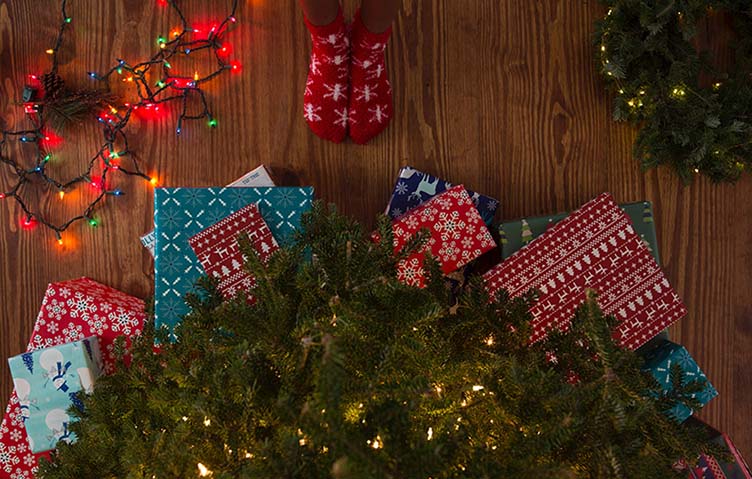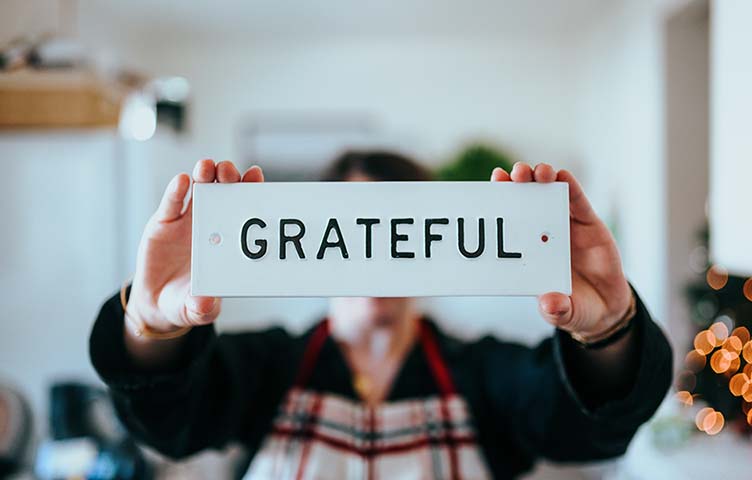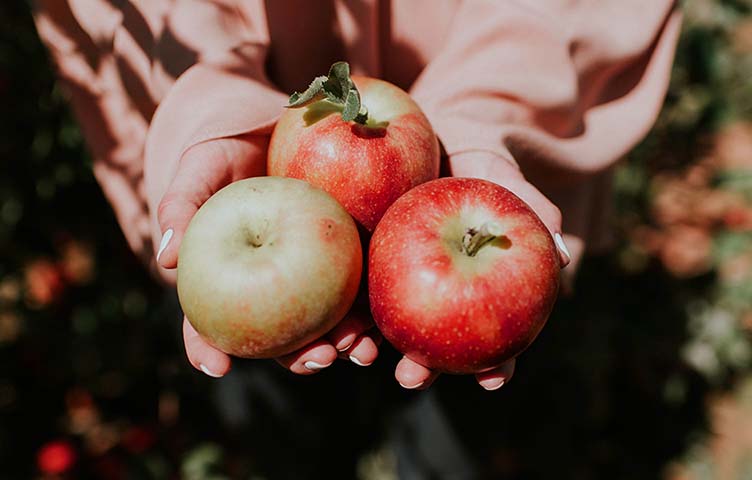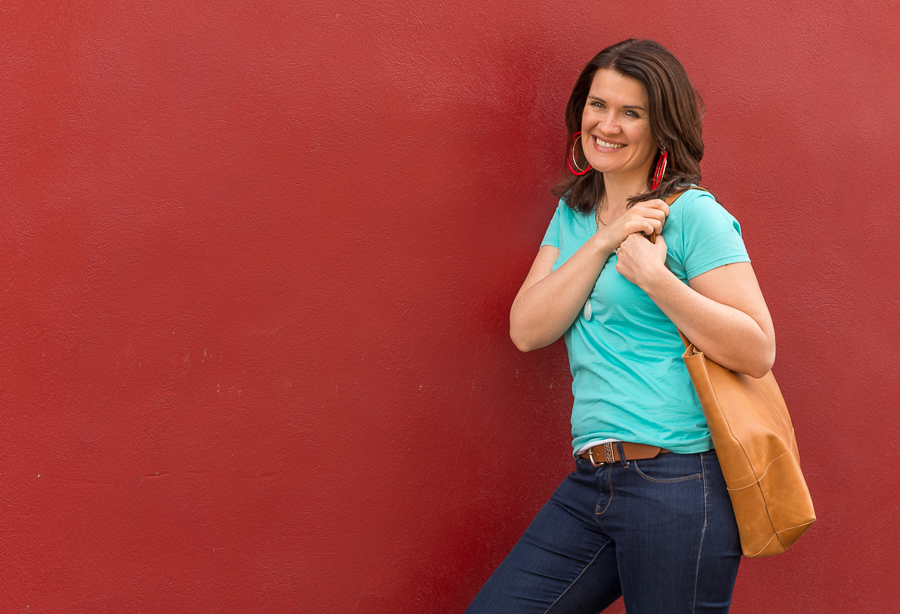A little over eight years ago, Tony and I left our church. It happens all the time. People leaving their church. A person, couple, or family decides they don’t fit, realizes they aren’t growing spiritually, or they get hurt by the leaders or other congregants, and they leave. Sometimes it’s messy, all the time it’s sad.
For Tony and me, it was both. The fact that I’d worked at our church for over seven years, meant it came with its fair share of hurt and messiness. But then add in the fact that we each came to the church as single twenty-somethings living far from home, and it meant that our attachments to the people there, were very deep.
They were our people.
We made close friendships. Their families “adopted” us for holidays. We walked through hard life stuff together. We were in their weddings. Mutual friends tried to set us up over and over, and when we finally got the hint—they were in our wedding. Some of our church friendships were forged doing good things in our community or on mission trips in foreign countries.
But then, when we stopped coming on Sunday, almost all of our friendships stopped too.
When we’d run into these friends at Target, we’d awkwardly bumble through why we weren’t coming anymore. Maybe we didn’t make enough of an effort to reach out. Whatever it was, all I can say is that the silence we felt on Sunday mornings, wasn’t nearly as loud as how many times our phones didn’t ring. Many of the people we thought we were so close to, never came after us.
The silence we felt on Sunday mornings, wasn’t nearly as loud as how many times our phones didn’t ring. Many of the people we thought we were so close to, never came after us.
The grieving we experienced after leaving was long and heavy. But then, one day while listening to a podcast, I unexpectedly learned a hard lesson about friendships. One that put our church experience into perspective.
The person being interviewed was friendship guru, Shasta Nelson. Shasta shared that there are “secondary friendships”—ones that are formed around a common place. It could be your workplace, the gym, a hobby, or even, your church. The thing about these friendships, she said, was that unless you’re able to build a solid relationship outside of that common place—they won’t last.
Once you lose your common place, you lose your relationship.
Now, notice I said we lost almost all of our friendships. When Shasta made this distinction between different types of friendships, I realized the friends who stuck around were invested in us. Not just the church experience we shared. And the things we did with these friends outside of church, continued after we left. In fact, our times together and memories built, have only grown.
The friends who stuck around were invested in us. Not just the church experience we shared.
As we begin to close out our February focus on relationships, I share this hard story because I have a feeling we’re not alone. That some of you out there also have felt the sting of losing friendships after leaving a place you invested yourself into for a time.
For a season you went to a certain school, worked at a job, or went to a church. You made great friends there. Only when you left, all those friendships ended too. And it sucked. Maybe it even felt like rejection.
If we have a secondary friendship that means a lot to us, we should try to bring it into the real world.
But what we are learning the hard way is twofold: First, if we have a secondary friendship that means a lot to us, we should try to bring it into the real world, outside of its usual context. And second, we all need to diversify where we’re building our friendships. We don’t know how long we’ll have the same places in common.
Who are your “common place” friends?
What friendships do you want to take deeper?
Last month, many of us filled out my Start Here: Dream Planner, to help us plan our 2020, set goals to work toward our dreams, and to see how our lives are aligning with our values. But we also looked at how we want our relationships to be better this year. If you want to live more intentionally in 2020–Sign up here, for my free Start Here: Dream Planner to help you do all these things and more!












This was such a fabulous article. Thank you!
Thanks Jodi–it’s been one hard lesson lived, but one I have a feeling I’m not alone in.